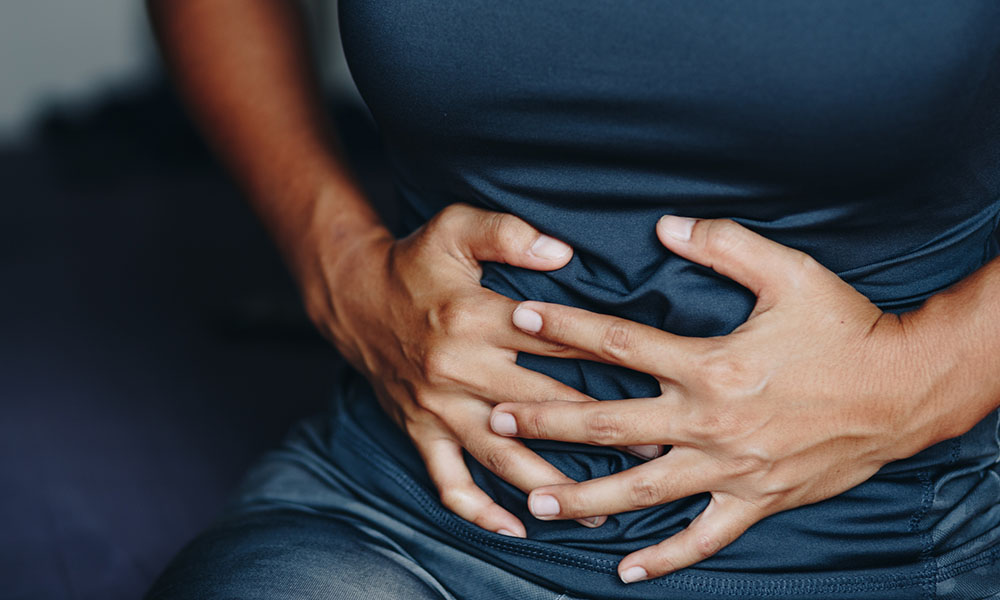Endometriosis and how it impacts fertility

If you have been affected by Endometriosis and you are concerned about how that might impact your fertility you have come to the right place. Here we take a look at signs and symptoms of Endometriosis, how it impacts you if you are trying to get pregnant and what the stages are. When you have as much information as possible you can take steps such as looking at treatment options.
Better understanding Endometriosis
About 15% of women have it at some point in their lives, from when they start their period to when they go through their menopause. The lining of the uterus is made up of endometrial material and Endometriosis is when small amounts of that material lodges in places they are not usually found like the Fallopian tubes, on organs in the lower stomach, the ovaries and the stomach cavity. As hormonal changes from menstruation occur these deposits can bleed and grow and cause inflammation. That can then lead to cysts and scarring on the tubes, ovaries and uterus. It is categorised into four stages and the signs and symptoms of Endometriosis depend on the stage you have.
Stage 1 – Minimal or isolated amounts of tissue growth not in the uterus, no to very minimal symptoms.
Stage 2 – Mild still with a few small growths of endometrial tissue, some small adhesions and slight scarring. Symptoms are still none to just mild.
Stage 3 – This is when things become more moderate, there are tissue implants that are deep as well as some that are superficial. There are more prominent areas of cysts and scarring. Symptoms might still be minimal to moderate.
Stage 4 – This is the most serious stage where women have a lot more mix of deep and superficial cysts and scarring and large adhesions. Signs and symptoms of Endometriosis are more severe and this is where issues of infertility may occur for some women.
How it affects fertility
There are several things that are connected to impacting endometriosis but the exact cause is not known. There are a few theories including the idea that retrograde menstruation may cause some tissue backup, and one that suggests it is a problem with the lymphatic system. Regardless it is important to note that not all women have symptoms or are impacted at all when it happens. And it is just a very small percentage of women who have it impact their fertility.
The issues happen when the damage is in the severe stage, stage 4. That damage might impact the reproductive organs enough that it makes getting pregnant harder. Women in stages 1-2 are not going to have problems, and it is very unlikely in stage 3 too. About 7 out of 10 women who have endometriosis do not have fertility issues or can still conceive with some natural intervention. One problem women with stage 4 have is they avoid sex around ovulation time when the pain is worse, but that is their fertile time.




